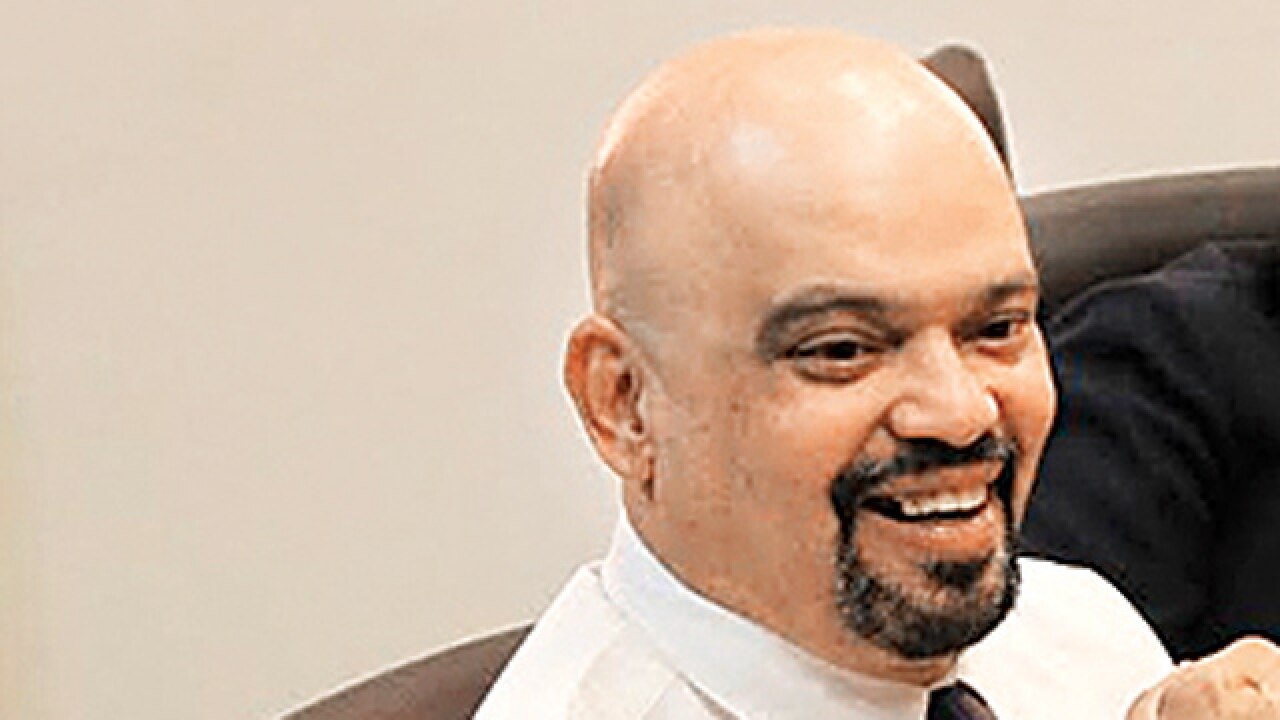
Given the times we live in, as a psychiatrist, I have always met patients with signs of panic and anxiety. But the recent uncertainty after the government’s decision on demonetization, has seen an exponential jump in such patients who are finding it very hard to cope. While we all need money to survive, as we cut ourselves from our traditional thinking, we are increasingly looking at wealth and its acquisition as an end in itself, not merely as a means of making life convenient.
I am not here to judge people on whether they have hoarded black money or not. But in either case, once you start thinking of money as an end in itself, the mind starts playing games with you. It refuses to switch off as it cooks up newer and more scarier scenarios than what can happen. This means living in a state of acute and heightened panic anxiety. Most patients I have met since PM Narendra Modi’s addressing the media on demonetization, come in this category.
Stress is now an unavoidably integral part of our lives. Wellness practitioners, psychiatrists, psychologists, counsellors and even spiritual gurus are now talking of managing it since it can’t be avoided totally. In the current scenario of demonetisation, instead of the typical fight response that stress triggers, as a psychiatrist I can perceptibly see a more pronounced shift to a fright, freeze, or flock response instead. The fright can almost be felt and for lack of information or too many confusing signals individuals find themselves at a loss to decide what to do. Patients have complained of waking up feeling vacant and blank. This is a sign of the freeze setting in. As for the flock response, you will notice that there is a heightened sense of commiseration and empathy for each other. You can see this in the lines outside the banks where people talk to each other to find comfort or even on social media sites or WhatsApp. Though some of the humour and satire seems quite base in taste, it is actually a way of coping with the negativity that people feel helpless in resolving.
Most of the current generation do not have a roadmap to follow for this kind of crisis as opposed to say external aggression or an epidemic. The resultant collectivisation of negative feelings and fear is unfortunately reinforced as a threat, instead of a challenge. This can be dangerous because we are talking of a highly inflammable, raw, mass of anger. All it often needs is a spark. One wrong signal and things can quickly spiral out of hand.
While authorities would do well to allay fears and reassure people on the larger level, it is better for individuals to take it upon themselves to find coping mechanisms and solutions. Connecting with yourself and becoming aware of how much of the perceived threat is real and how much is imaginary can help. I would advise people struggling with such anxiety to stay in the present to arrive at this instead of thinking far ahead in the future and painting a bleak, black picture for yourself.
Mindfulness and money have always been inextricably linked in the schools of thought which took root in this land. Maybe demonetisation offers us a an opportunity to rediscover this.